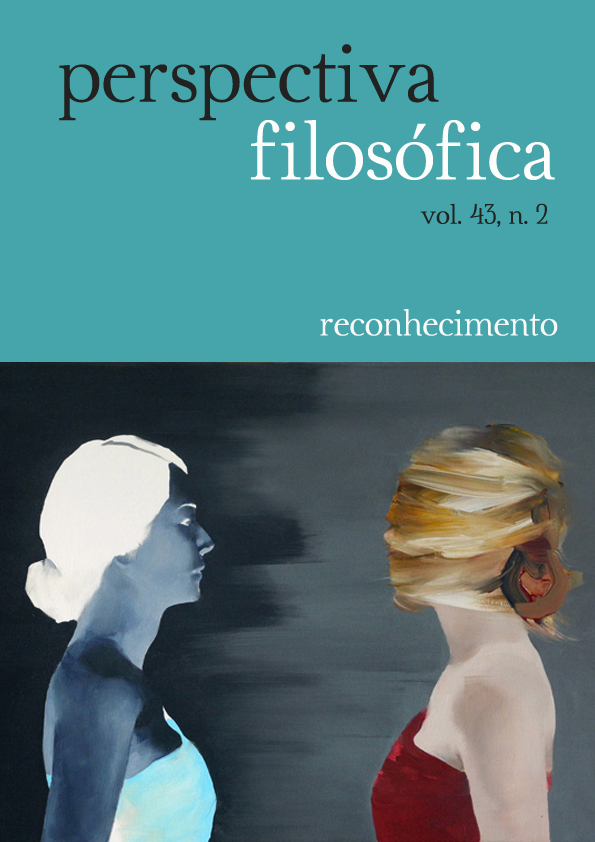Rousseau e a pulsão humana por reconhecimento (amour propre)
Keywords:
Rousseau, recognition, social pathologiesAbstract
In this article, the authour aims at set out the main countours of Rousseauian reflections about the human pulsion for recognition, developed in works such as Discourse on Inequality, Emile and Social Contract. Although he does not examine with details the complex theory of Rousseau, Neuhouser presents a more general image of its main dimensions and of how they can arrange a set to constitute a thought-provoking philosophy of recognition. The author, to sum up, develops four main questions to the theory of Rousseau: 1) What kind of passion is amour propre? 2) Why is it the principal source of the many evils that have appeared to many as intrinsic to the human condition? 3) What social and political measures can remedy these evils? 4) Why does the only solution to these evils—the development and exercise of human reason—depend on the proper cultivation of amour propre rather than on its suppression or extirpation?Downloads
Published
Issue
Section
License
A Revista Perspectiva Filosófica orienta seus procedimentos de gestão de artigos conforme as diretrizes básicas formuladas pelo Conselho Nacional de Desenvolvimento Científico e Tecnológico (CNPq). http://www.cnpq.br/web/guest/diretrizesAutores que publicam nesta revista concordam com os seguintes termos:
Os autores mantém os direitos autorais e concedem à revista o direito de primeira publicação, sendo o trabalho simultaneamente licenciado sob https://creativecommons.org/licenses/by/4.0/deed.pt_BR que permite o compartilhamento do trabalho com reconhecimento da autoria e publicação inicial nesta revista.
Os autores têm autorização para assumir contratos adicionais separadamente, para distribuição não-exclusiva da versão do trabalho publicada nesta revista, com reconhecimento de autoria e publicação inicial nesta revista (Consultar http://opcit.eprints.org/oacitation-biblio.html).

Esta revista está licenciada com uma Licença Creative Commons Atribuição 4.0 Internacional.













